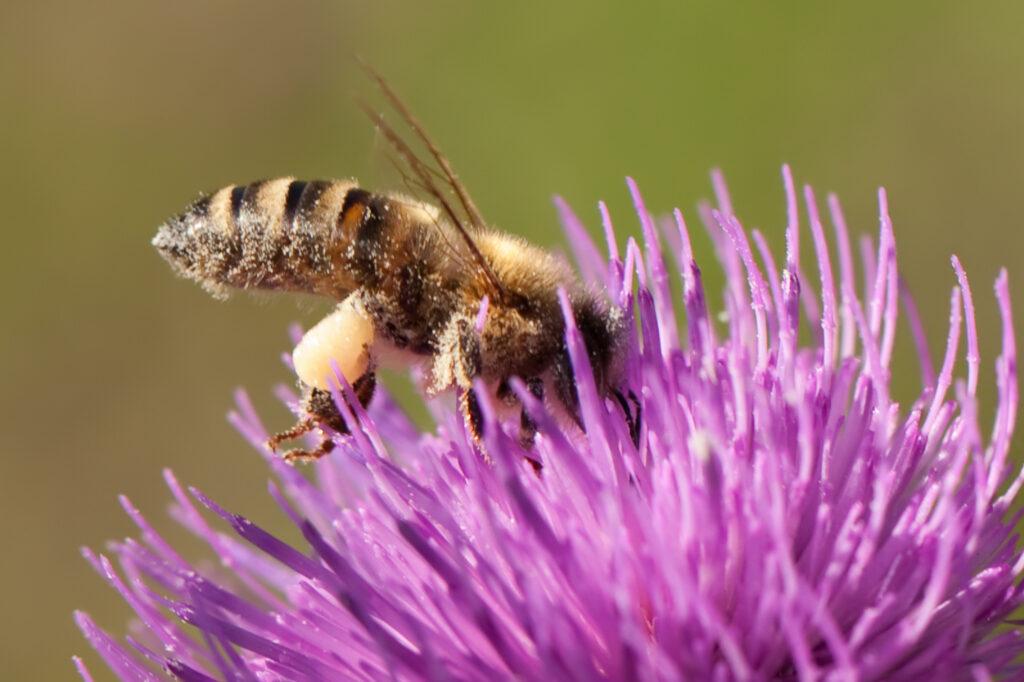Pollen Count
Pollen count from 12 species of plants/trees that can cause hayfever are monitored daily by The James Hutton Institute from March until September.
Air is analysed at a rate of 10 litres per minute and the quantity of each pollen type is recorded over a 24 hr period.

Dundee pollen count data:
| Name | Tuesday 26/08/2025 | Wednesday 27/08/2025 | Thursday 28/08/2025 | Friday 29/08/2025 | Saturday 30/08/2025 | Sunday 31/08/2025 | Monday 01/09/2025 |
|---|---|---|---|---|---|---|---|
| Corylus (Hazel) | 0 | 0 | 0 | 0 | 0 | 0 | 0 |
| Alnus (Alder) | 0 | 0 | 0 | 0 | 0 | 0 | 0 |
| Ulmus (Elm) | 0 | 0 | 0 | 0 | 0 | 0 | 0 |
| Salix (Willow) | 0 | 0 | 0 | 0 | 0 | 0 | 0 |
| Betula (Birch) | 0 | 0 | 0 | 0 | 0 | 0 | 0 |
| Fraxinus (Ash) | 0 | 0 | 0 | 0 | 0 | 0 | 0 |
| Plantanus (Plane) | 0 | 0 | 0 | 0 | 0 | 0 | 0 |
| Quercus (Oak) | 0 | 0 | 0 | 0 | 0 | 0 | 0 |
| Ambrosia (Ragweed) | 0 | 0 | 0 | 0 | 0 | 0 | 0 |
| Poaceae (Grass) | 0 | 0 | 0 | 1 | 0 | 0 | 0 |
| Urtica (Nettle) | 1 | 0 | 1 | 1 | 3 | 0 | 6 |
| Artemisia (Mugwart) | 0 | 0 | 0 | 0 | 0 | 0 | 0 |
| Fungal spore count | Tuesday 26/08/2025 | Wednesday 27/08/2025 | Thursday 28/08/2025 | Friday 29/08/2025 | Saturday 30/08/2025 | Sunday 31/08/2025 | Monday 01/09/2025 |
|---|---|---|---|---|---|---|---|
| Low | Low | Medium | Medium | Medium | Medium | Low |
| General Air quality | Tuesday 26/08/2025 | Wednesday 27/08/2025 | Thursday 28/08/2025 | Friday 29/08/2025 | Saturday 30/08/2025 | Sunday 31/08/2025 | Monday 01/09/2025 |
|---|---|---|---|---|---|---|---|
| Good | Good | Good | Good | Good | Good | Medium |
